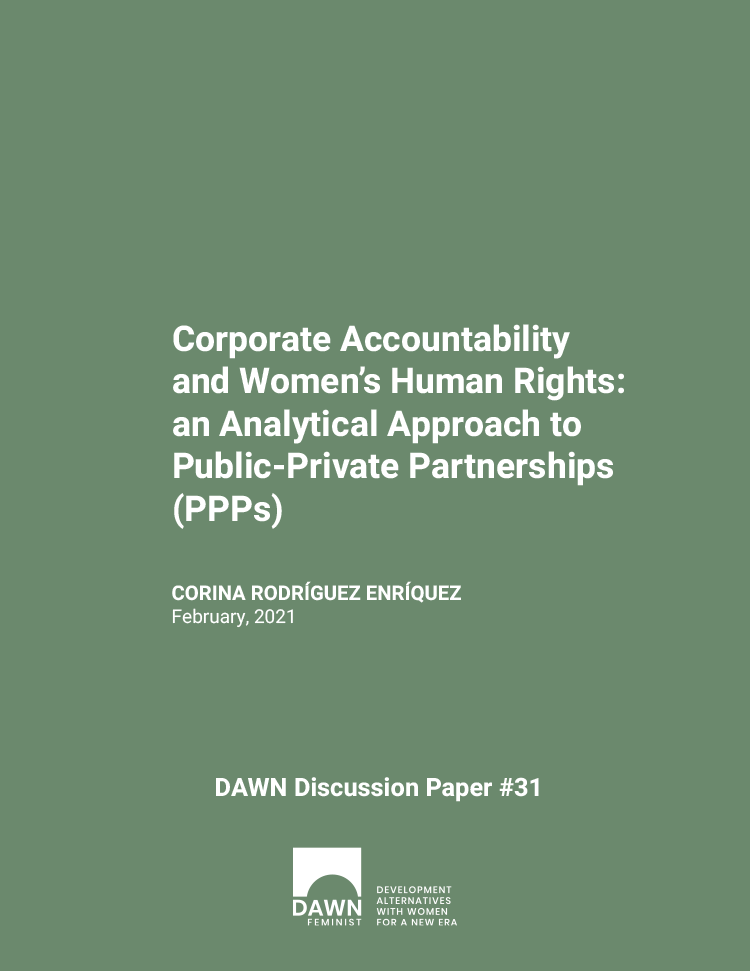In the current phase of concentration and financialization of global capital, private corporations have increasingly gained a position of power over other actors. In many regions of both South and North, they are able to impose their own agendas, based on the continuous search for larger profits. Private actors have increasingly come to subordinate public and collective interests, diminishing the capacity of the State to regulate them, threatening human rights, and challenging labour, environmental and other laws and regulations.
Indeed, powerful private interest groups and their partners have gained excessive influence over policy-making, eroding thereby both human rights and democratic processes. This corporate capture of the State has systemic and long-standing influence, and is backed by narratives that argue: i) that States are, through processes of ‘rent-seeking’, inherently economically inefficient; and ii) that policy issues are of such technical complexity that ordinary citizens cannot understand, and therefore should not (or need not) engage with them. The disingenuous inference often drawn from this is that private corporations operate in the public interest. What is good for corporations is claimed to be good, self-evidently, for the State and its citizens.
This process does not take place only at the national level, but also in multilateral spaces including UN agencies and processes.2 The private sector has come to be considered by many powerful actors and entities to be a key actor for development. Its influence has grown and is evident in the setting of priorities, the orientation of policy proposals, and the weakening of potential regulatory processes. For example, the private sector and its champions have pushed for the relatively mild UN Guiding Principles on Business and Human Rights in preference to the tougher proposed Binding Treaty on Transnational Corporations with respect to Human Rights.
DAWN has already highlighted the threat that the increasing power of the private sector implies for the fulfillment of women’s human rights, through: i) the negative impact of the drive towards competitiveness and rising productivity on women´s working conditions; ii) the spread of the ambiguous discourse on corporate social responsibility and of the belief that corporations are (or may be) gender sensitive; and iii) the impact of tax dodging and corporate lobbying in limiting public revenues as well as policy space (Rodríguez Enríquez, 2017).
The current avatar for corporate capture of the State is the Public-Private Partnership. The relentless pressure on States (both South and North) to implement fiscal compression choice for development programmes and the channeling of investment finance. PPPs, as defined by the Global Campaign Manifesto, “are essentially long-term contracts, underwritten by government guarantees, under which the private sector builds (and sometimes runs) major infrastructure projects or services traditionally provided by the State, such as hospitals, schools, roads, railways, water, sanitation and energy.” While PPPs have a longer history in the global North, they are now being promoted by regional development banks and the International Financial Institutions as a way to guarantee financing for the Sustainable Development Goals, and are spreading fast in the global South.
1 This document benefited from initial contributions by Veronica Serafini. The participants at the DAWN workshop, held in Addis Ababa (26-27 May, 2019), provided valuable insights and experiences for this conceptual framework.
This is an edited and expanded version of the analytical framework produced in August 2019.
2 See Adams and Martens (2015).

